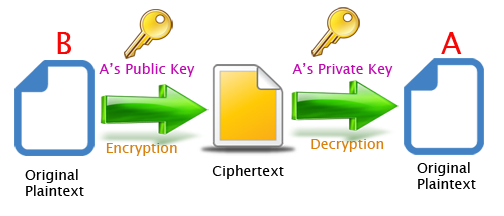


Password Manager XP allows you to create several databases for storing desired information. With this program, you safely store all your logins, passwords, PIN codes, credit card numbers, access codes, files, and any other confidential information in one place. It rids computer users of headaches caused by lost passwords, forgotten access codes and other sensitive information. Password Manager e Xtra Protection ( XP) is a program specially created to help people systematize and store securely valuable information. Interface by necessity must begin streaming output (e.g. proudly presents Password Manager e Xtra Protection - a program designed for working with passwords and other confidential information ( Windows 10 and 11 compatible).

The enc program does not support authenticated encryption modes likeĬCM and GCM, and will not support such modes in the future.

For more info on this, see, and scroll down to the section 'supported ciphers, and note where it reads: Unfortunately, this is not possible with the command line interface for openssl, because AES-GCM is not supported. However, you asked about using openssl to do AES encryption using GCM mode, not CBC mode. Now, you can use this key with an iv with openssl to encrypt some plain text using aes-256-cbc, like so: echo -n 'hello world' | openssl aes-256-cbc -e -K 3fd00454580de44ea216d8b7b234267a2a6a6aec7e56d2b38e641a45597af0f2 -iv 302775dfc35a35c8081bbc6fdeacbd86 | xxd -p To generate a random 256-bit key, encoded in hexadecimal format, you can use the following command: head /dev/urandom | sha256sum First, regardless of the AES mode being used (GCM, CBC, ECB, CTR, etc), if you are using AES-256, then the key must be 256 bits in length.


 0 kommentar(er)
0 kommentar(er)
